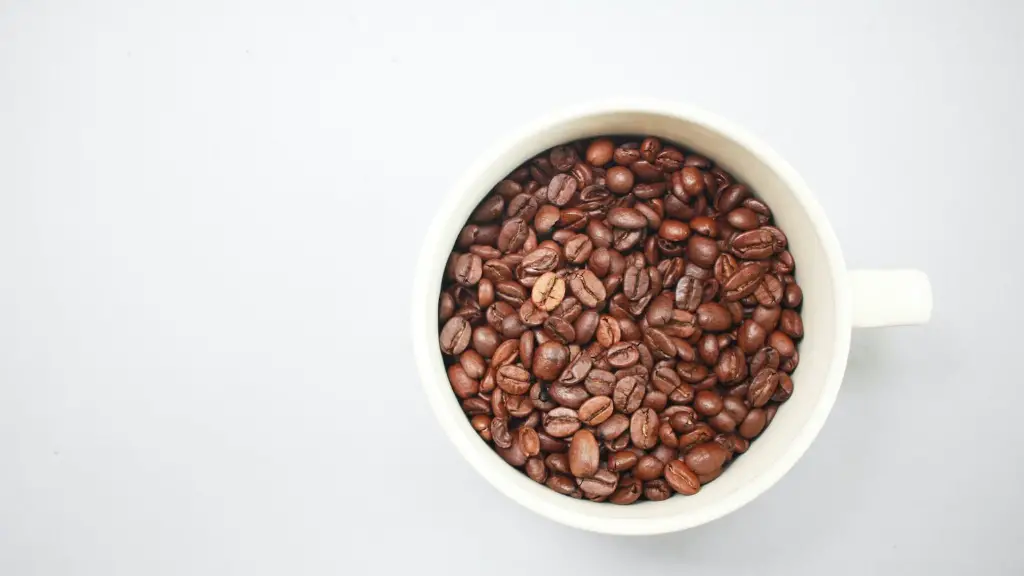Physiological Reasons for Sleepiness After Coffee
It is a common belief that drinking coffee will keep you alert and awake. In some cases, the exact opposite can occur. An individual might drink coffee and yet feel sleepy and tired after the cup is finished. This is usually caused by physiological reasons, as we will discuss in this article.
Caffeine works by blocking adenosine receptors in the brain, which disrupts the body’s natural sleep-wake cycle. Unfortunately, the effects of caffeine are not always consistent for everybody. This is because caffeine is metabolized differently depending on age, underlying health conditions, lifestyle habits, lifestyle choices, and even genetics.
Firstly, caffeine can take three to four hours to be processed in the body, leading to a sleep-inducing “crash” afterwards. It is recommended to consume one to two cups of coffee each day, and no more than 400mg of caffeine per day. Besides, consuming coffee late in the evening might make it difficult to go to sleep later.
Furthermore, if you have consumed caffeine habitually in the past, your body may have become used to having it in the bloodstream, which means your body is no longer able to respond as efficiently to caffeine. Therefore, it is important to observe your body’s reaction to caffeine to ensure you don’t become overstimulated.
Lastly, some individuals may be sensitive to caffeine and not realize it. This can occur when caffeine is over-consumed, leading to “caffeine jitters” and feeling more anxious or stressed. It is also worth noting that caffeine can interact with certain medications and exacerbate existing medical conditions, such as high blood pressure and anxiety. Therefore, it is important to speak with your physician before consuming caffeine.
Psychological Reasons for Sleepiness After Coffee
Psychological reasons may also contribute to sleepiness after coffee. When we feel exhausted or overworked, sometimes we might drink coffee in an effort to give us a mental “kick” and help us to focus. In some cases, however, this could backfire.
For instance, coffee can give us a sense of temporary relief. When the caffeine in the coffee has been metabolized, however, the individual might feel an even greater sense of exhaustion than they did before. This is because the “boost” they felt was only a temporary one.
Our minds can also play tricks on us. For example, if we are highly stressed or anxious, drinking coffee might make us feel more alert in the short term. Eventually, however, we may become aware of our thoughts and worries, leading to exhaustion.
When it comes to mental health, it is important to address the underlying issues rather than using coffee to mask the symptoms. Talk therapy or other forms of counselling can be beneficial in this regard.
Furthermore, do not underestimate the power of lifestyle changes. Getting enough sleep, eating balanced meals, exercising, and spending time outdoors can all help to improve mental health, reduce fatigue, and boost energy levels naturally.
Ways to Avoid Sleepiness After Coffee
There are several strategies to avoid sleepiness and exhaustion after drinking coffee.
Firstly, consider the quantity of coffee that you are consuming. Caffeine should be consumed no more than two times a day and in quantities not to exceed 400mg. Remember that caffeine can also be found in other drinks and food items, such as chocolate and some energy drinks, which leads to the possibility of unintentionally overconsuming caffeine.
Secondly, pay attention to the time of day when you are drinking the coffee. Drinking coffee in the evening, especially if an individual has trouble sleeping, can worsen the situation by making it harder to fall asleep later.
Thirdly, create healthy habits. Get adequate sleep and exercise, eat nutritious meals, and spend time outdoors. These activities can give us energy and help us avoid the need for energy-boosting beverages, such as coffee.
In conclusion, if you find yourself sleeping after drinking coffee, consider the physiological and psychological reasons that might be responsible for your tiredness. While caffeine is a popular way to boost energy levels, it can often lead to sleepiness and exhaustion. Therefore, make sure to practice healthy habits and monitor your body’s reaction to caffeine.
Why Is Sleep Deprivation a Problem?
Sleep deprivation has been linked to a myriad of physical and mental health problems, such as difficulty concentrating, headaches, memory loss, weight gain, weakened immunity, and difficulty regulating emotions. In addition, sleep deprivation can increase the risk of developing chronic illnesses, such as hypertension, depression, and diabetes.
In the workplace, sleep deprivation can have serious consequences. For example, it can affect cognitive abilities, decision making, and productivity. According to a recent study, workers who are sleep deprived are three times more likely to make errors than their well-rested colleagues.
Moreover, the consequences of sleep deprivation extend beyond the workplace. Individuals who do not get enough sleep are more likely to engage in risky behavior, such as drinking and drug use. Furthermore, sleep deprivation can impair driving abilities, leading to an increased risk of road accidents.
All in all, sleep deprivation is a serious problem that can have lasting consequences. It is important to establish healthy sleep habits to ensure that you are well-rested and have sufficient energy during the day.
Benefits of Adequate Sleep
Conversely, getting enough sleep brings numerous benefits. Adequate sleep can improve concentration, enhance mood, and support learning. It can also help to regulate appetite and metabolism, strengthen immunity, and promote cell regeneration.
In the workplace, well-rested workers are more productive and better equipped to handle stress. Research suggests that getting enough sleep can also improve job satisfaction and work performance, leading to a boost in morale and greater success.
Moreover, good sleep can improve physical health. Studies have found that regular and ample sleep can reduce the risk of developing diseases, such as heart disease, diabetes, and stroke. In addition, adequate sleep can help to strengthen the immune system, leading to fewer illnesses, such as cold and flu.
Finally, regular sleep can benefit mental health. Studies have shown that better sleep can help to reduce feelings of depression, anxiety, and stress. In addition, it can help with decision-making and problem-solving skills, which can be vital in personal and professional settings.
Importance of Developing Healthy Sleep Habits
To take advantage of these benefits, it is important to develop healthy sleep habits. According to the American Academy of Sleep Medicine, the average adult should get seven or more hours of sleep per night. This can be achieved by going to bed and waking up at the same time each day.
Creating and following a bedtime routine can also be beneficial. This should involve engaging in calming activities and avoiding strenuous activity for at least an hour before bedtime. Moreover, it can be helpful to limit electronic device usage in the evenings, as the blue light emitted from these devices can interfere with sleep.
It can also be beneficial to increase exposure to natural light during the daytime. Studies have found that people who get more natural sunlight tend to sleep better at night. In addition, engaging in relaxation techniques, such as yoga or meditation, can help to reduce feelings of stress and improve sleep.
To summarize, developing healthy sleep habits is essential for optimal health, both mental and physical. Implementing a consistent routine, avoiding electronics close to bedtime, and getting enough natural light can help to improve the quality of sleep.





